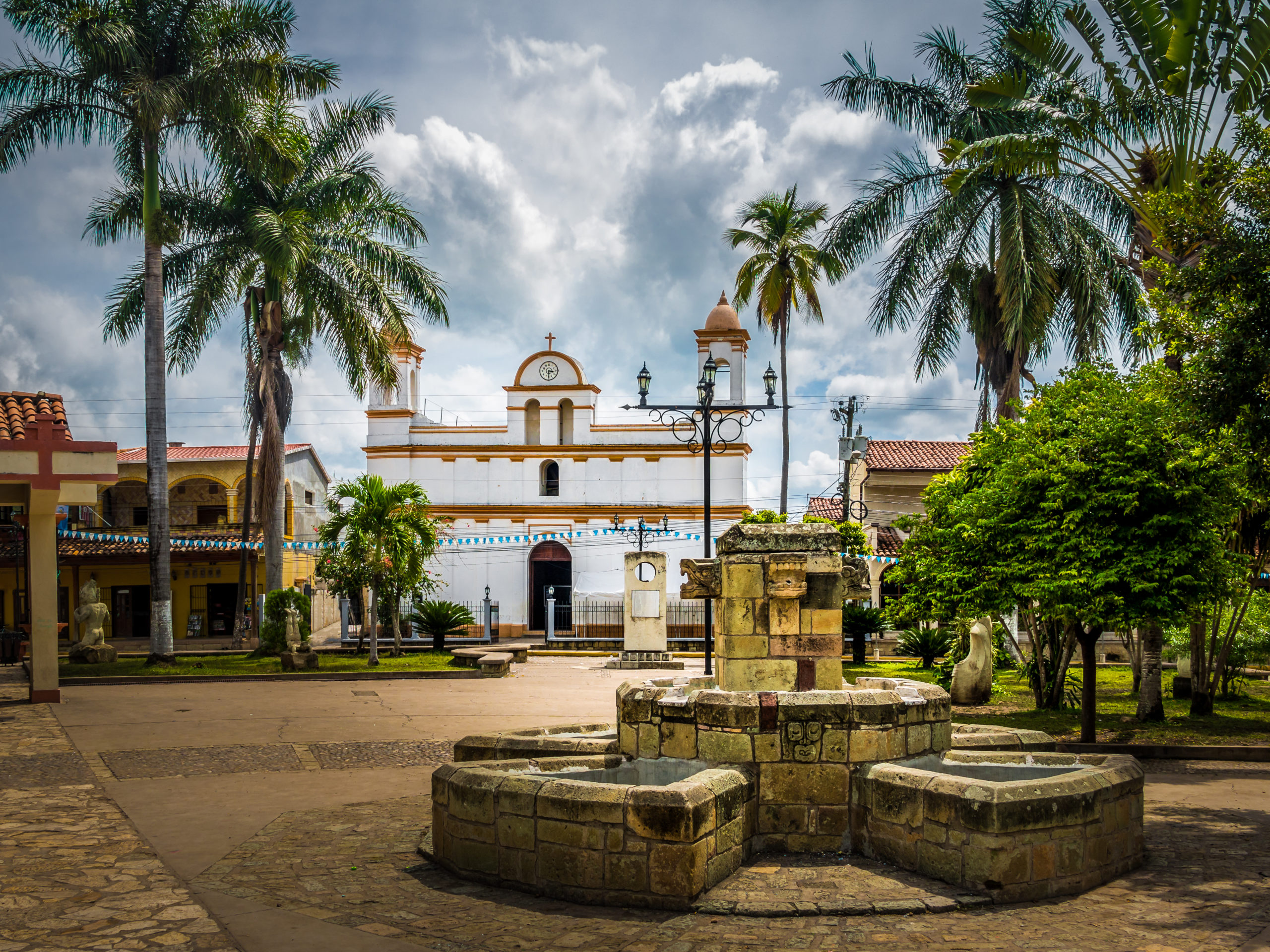
The struggle to legalize cannabis is ongoing in Honduras
According to Salvador Nasralla, known locally as El Señor de la Television, legalizing cannabis would create at least 17,000 jobs in Honduras and go a long way in tackling the country’s chronically high unemployment rate.
Honduras borders Guatemala, El Salvador and Nicaragua. The country’s history has often been marked by the bloody and horrific conquests on its soil, which included the extermination of the local Maya by the first invaders (the Spanish). Honduras also became one of the bases of United and Standard Fruit companies in the late 19th and early 20th centuries, leading to writer O. Henry’s infamous description of the country as the “Banana Republic”. American troops have invaded the country on several occasions, including in the 1980s during the El Salvador-Nicaragua war.
For this reason, it’s even more ironic that cannabis reform, proposed as a solution to help the country’s predominantly agricultural population, could be opposed by anyone in the government of the current president (the first woman in office), whether left-leaning Xiomara Castro or her husband Manuel Zelaya. Castro was sworn in on January 27, 2022, filling a position Zelaya held between 2006 and 2009.
However, that is the battle currently raging over cannabis reform.
Nasralla, a proponent of the cannabis reform proposal now before the government, is the country’s first Castro-appointed vice president. He is also the former CEO of Pepsi Honduras. He has been a harsh critic of the incumbent governments here since the 1980s and cites corruption as one of the main reasons why Honduras is in such a bad economic position today.
However, his cannabis proposal has drawn the ire of Castro’s husband Zelaya, who recently said: “We do not support the idea of starting drug planting as has been proposed. The President of Honduras (his wife) has made a firm decision to fight drug trafficking and will fight its use,” he told local media. “If there is drug trafficking, then there are drug dealers, and if there are drugs, then there are consumers, so that needs to be eradicated from the country.”
Since Zelaya is also a presidential adviser, it seems the country’s new Veep’s current cannabis reform proposal could spark a bit of marital strife.
A “cannabis republic”?
What makes these Contretemps so interesting is not just the politics, but the motivation of everyone involved.
This is essentially a struggle not only for living standards but also for a country’s heritage. Currently 350,000 Hondurans are unemployed and 2.4 million are underemployed. That’s a sizable percentage of the population in a country of nearly 10 million people. Just employing them in the cannabis industry isn’t necessarily the answer to the country’s problems.
Here’s the first reason why. Many developing countries are quickly entering the cannabis industry with similar hopes. Look at the many African nations that have announced that they are on the same path, if not the Latin American countries. Honduras would compete with such an effort and is already lagging behind.
However, there are other considerations as well. The export of bananas and other tropical fruits has historically done nothing but bolster the profits of large, non-Honduran corporations and solidify their notoriously anti-democratic control of the country for many decades.
A continuation of the status quo?
These considerations aside, the most valuable cannabis currently available on the world market is not grown outdoors as suggested by Nasralla, but indoors. Building a competitive cannabis export crop here means Honduras would need to find places to construct such structures and build the infrastructure needed to support indoor cultivation. That means capital investment, which the country clearly does not have. As before, it would have to come from foreign companies. The “combined” fruit companies of yore were owned by North American investors who only cared about profits, not the welfare of the indigenous people.
For that reason alone, “cannabis reform” here could actually mean bad news.
Aside from these issues, there are the environmental impacts of growing outdoors itself, which are very similar to the situation in Brazil. Both countries have a fragile rainforest environment that is rapidly disappearing thanks to invasions by landless farmers and illegal drug dealers.
Honduras is also one of the countries most threatened by climate change due to the destruction of its rainforest, which, in addition to international culprits, is also generally responsible for global warming. The frequency of natural disasters in the country, including floods, mudslides, tropical storms and hurricanes, is already increasing dramatically. This scenario is hardly ideal for any type of commercial grow, regardless of environment or culture.
Driving “illegal” traders out of the country will also take more than legalizing the cannabis trade – and there is no guarantee that the legal cannabis industry here will become any more climate-friendly.
Such a scenario is also complicated by another major problem. Local sources have long claimed that previous governments actively participated in the illegal drug trade and ranching, as well as illegal logging of mahogany and cedar.
The question is, will the current government, many of which have fought against government corruption in the past, find a sustainable way through the morass of contradictions now awash in the legalization debate?
Cannabis legalization is an urgent global reform that is well past its due date. However, it is clear that cannabis reform alone is not a panacea for deep-rooted problems that often surround it in many countries that are now contemplating the same thing.

Post a comment: